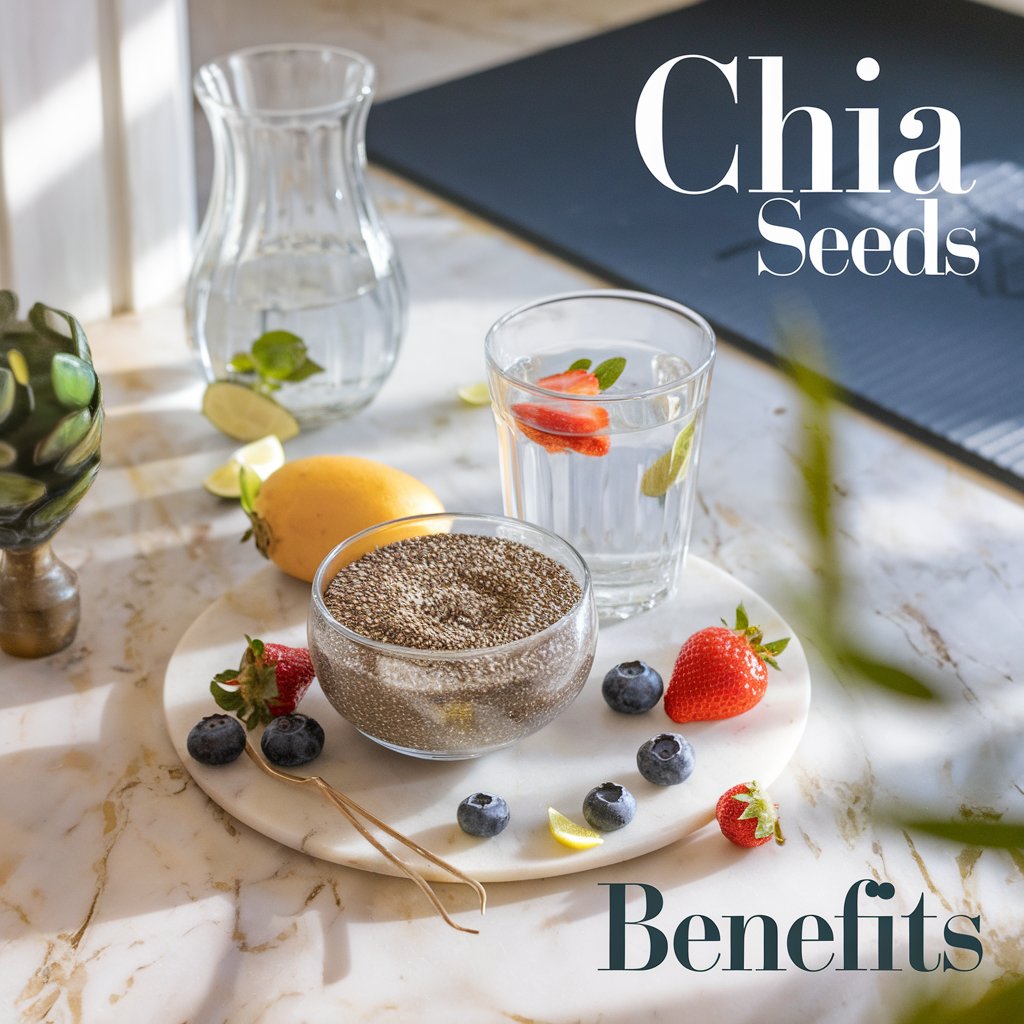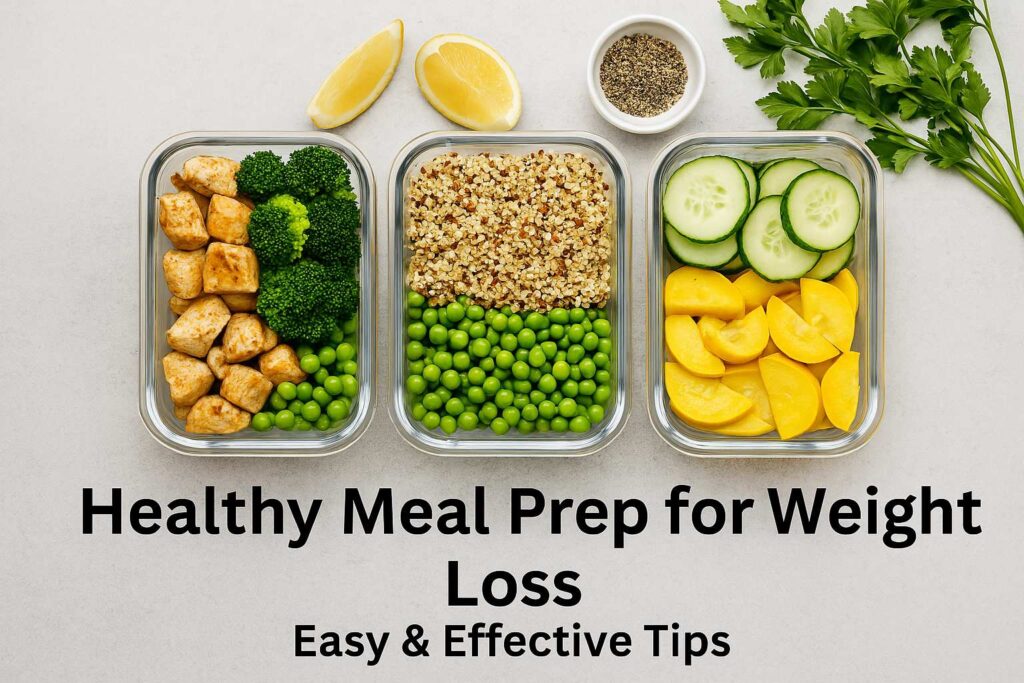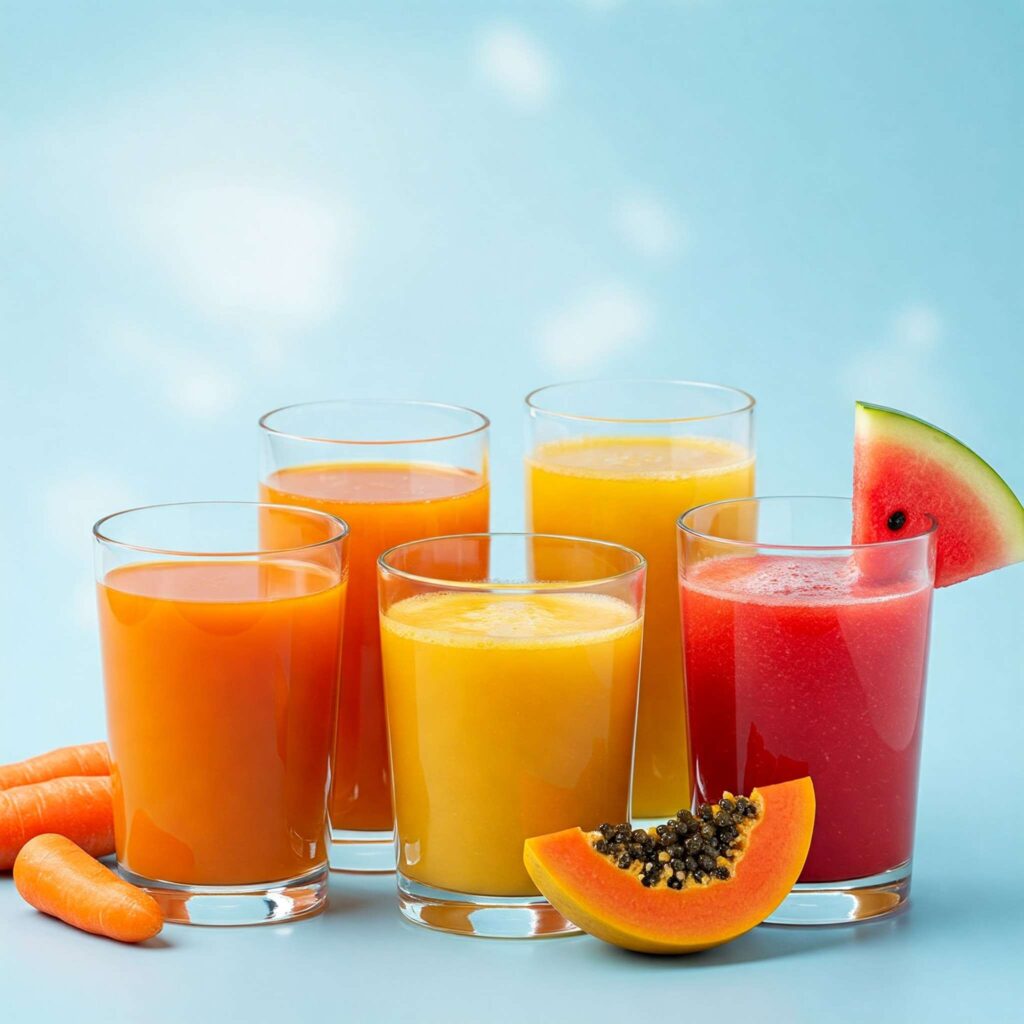Chia seeds have gained popularity as a superfood, but what exactly are the benefits of incorporating them into your diet? Packed with nutrients, these tiny seeds offer a range of health advantages. In this comprehensive guide, we’ll explore the top 10 proven chia seeds benefits, addressing common questions and providing insights backed by scientific research.
1. What Are the Main Health Benefits of Chia Seeds?
When people search for chia seeds benefits, they often want to know why these seeds are considered a superfood. The main reason is their impressive nutrient profile. Just one ounce (about two tablespoons) of chia seeds provides:
- 11 grams of fiber
- 4 grams of protein
- 9 grams of healthy fats (5g of omega-3s)
- Important minerals like calcium, magnesium, and phosphorus
This balance of fiber, fats, and protein makes chia seeds ideal for improving digestive health, reducing inflammation, boosting energy, and promoting better overall health. Studies support their role in protecting against chronic conditions such as heart disease and type 2 diabetes.
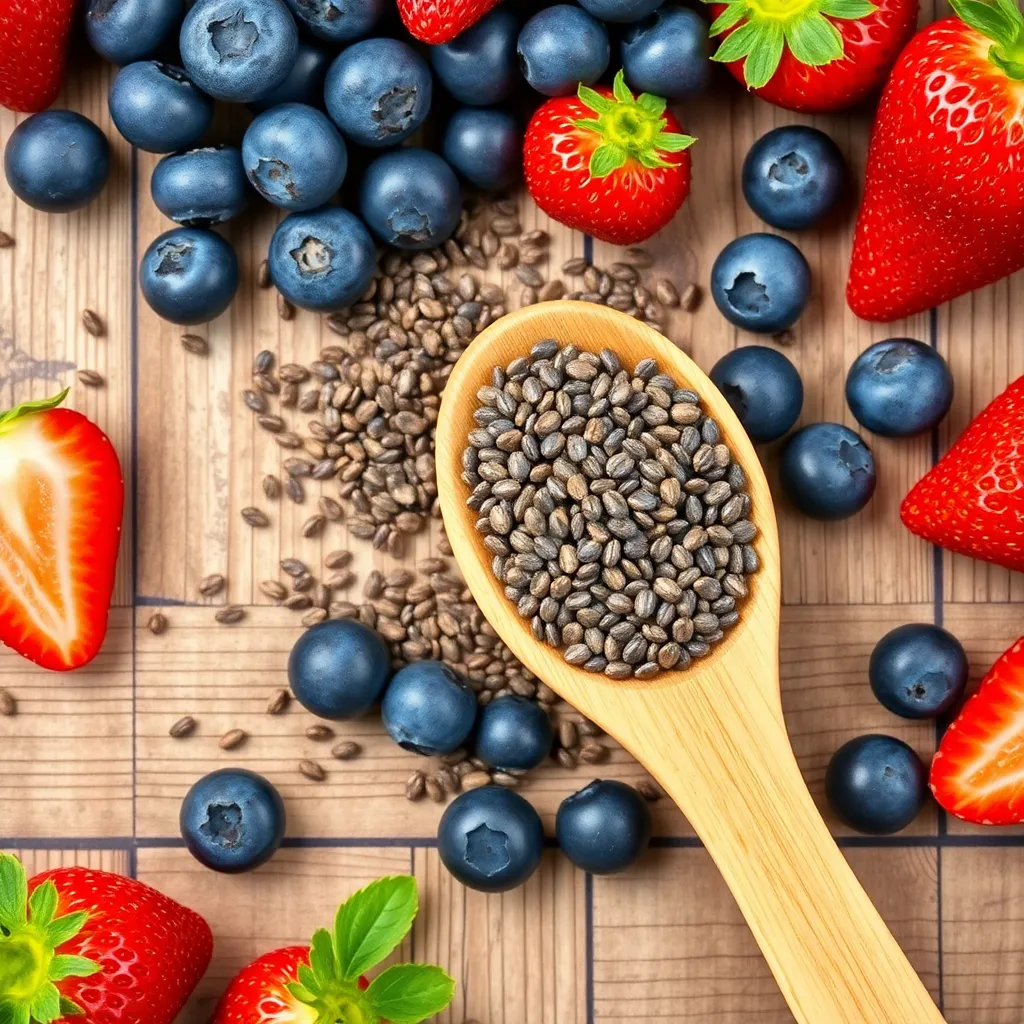
Checkout how Chia Seeds benefit for Nutrition.
2. Can Chia Seeds Help with Weight Loss?
One of the biggest reasons people Google chia seeds benefits is weight loss. Chia seeds are naturally high in soluble fiber, which absorbs water, expands in your stomach, and keeps you full longer — helping to prevent overeating.
According to WebMD, the gel-like substance they form when soaked can slow down digestion and reduce appetite. Also, their protein content supports lean muscle retention, especially when paired with exercise.
However, they’re not a magic pill — for results, chia should be part of a balanced diet and lifestyle.
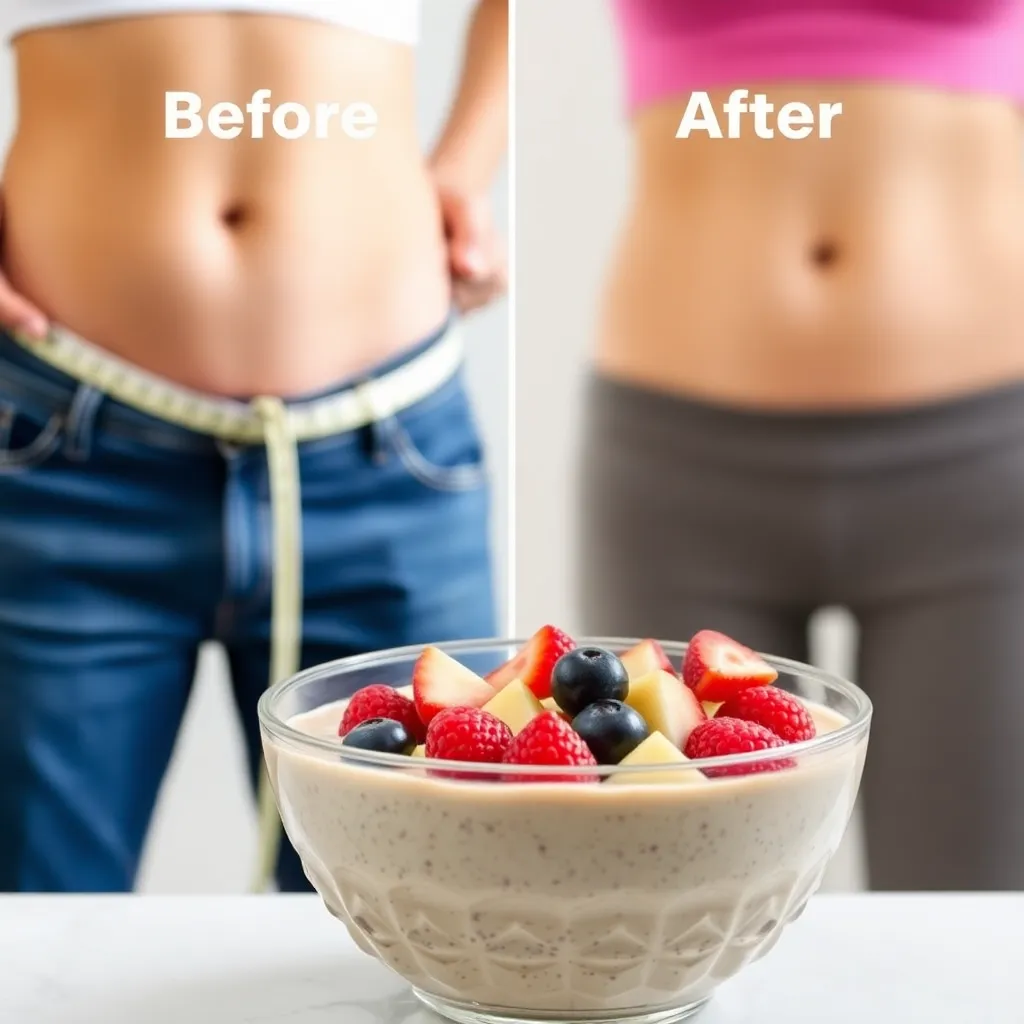
Wanna loss weight by using Chia Seeds.
3. How Do Chia Seeds Benefit Heart Health?
Heart health is another key concern for users searching chia seeds benefits. Chia seeds are among the richest plant-based sources of omega-3 fatty acids, especially alpha-linolenic acid (ALA).
According to Verywell Fit, ALA has been linked to reduced blood pressure, lower cholesterol, and decreased arterial inflammation — all of which support a healthier cardiovascular system. Plus, the fiber in chia helps reduce LDL (“bad”) cholesterol while improving HDL (“good”) cholesterol.
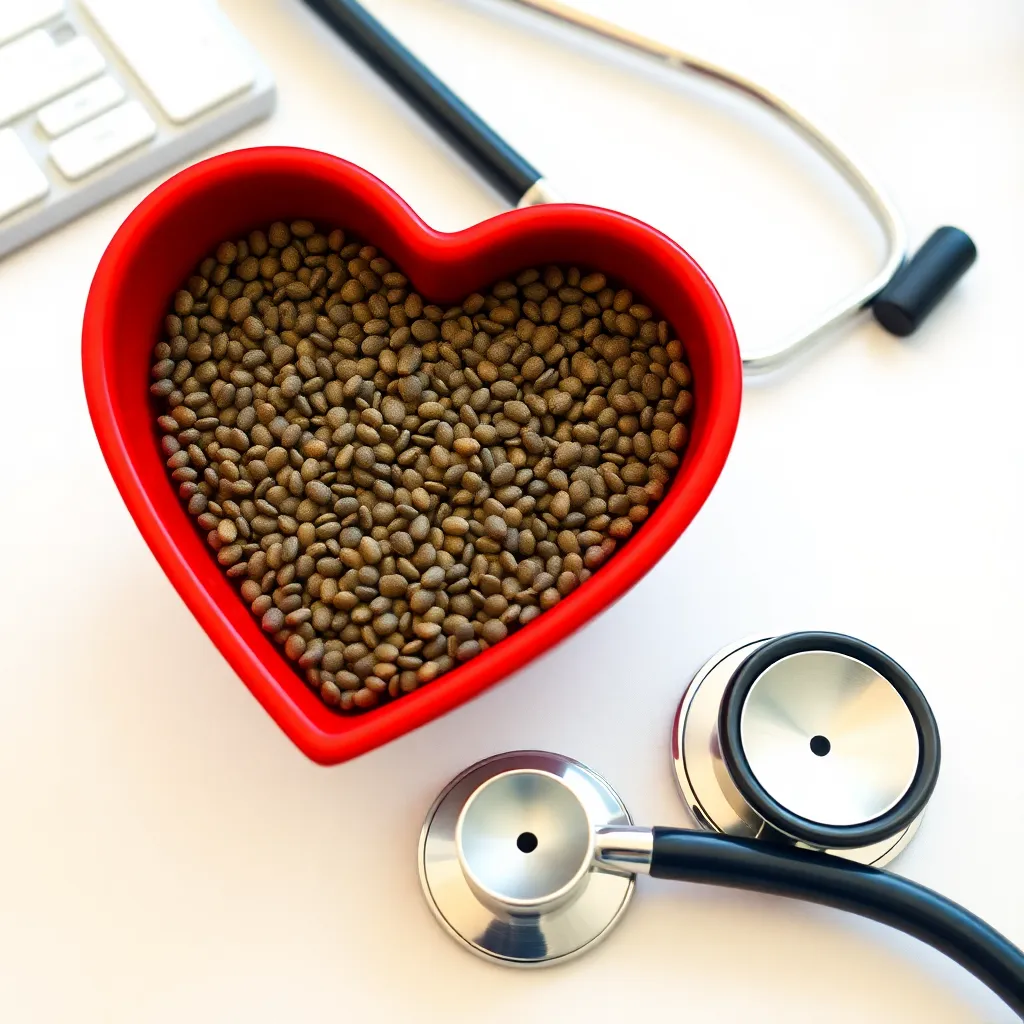
Keep your heart healthy by using Chia seeds.
4. Are Chia Seeds Good for People with Diabetes?
Yes! One of the lesser-known chia seeds benefits is improved blood sugar control. Chia seeds slow the conversion of carbohydrates into sugar thanks to their fiber and gel-forming ability.
A study published in Diabetes Care showed that people with type 2 diabetes who consumed chia seeds had improved blood pressure and A1C levels. This makes chia a great dietary addition for diabetics or prediabetics.
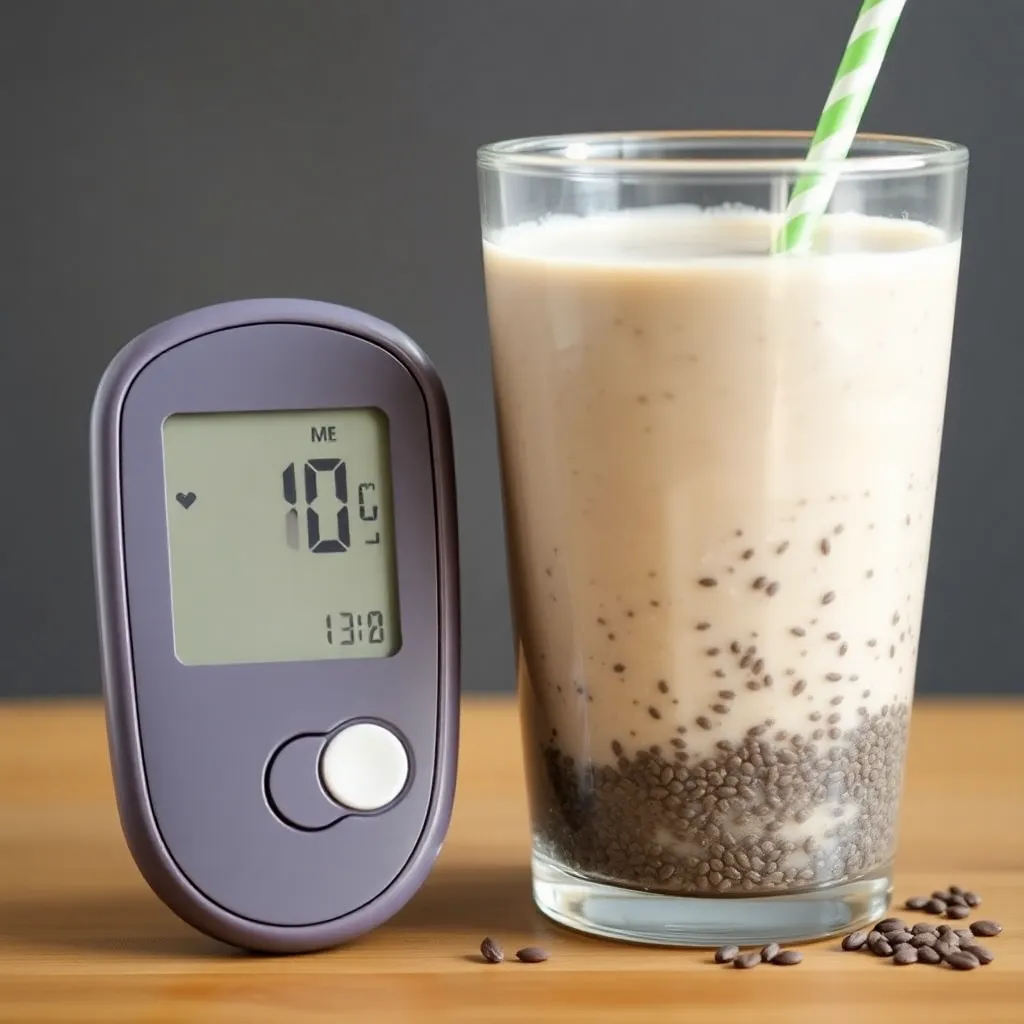
Learn how Chia Seeds benefit for Diabetes?
5. What Is the Recommended Daily Intake of Chia Seeds?
Most health experts agree that 1–2 tablespoons (15–30 grams) of chia seeds per day are enough to enjoy their health benefits. Going overboard may cause digestive discomfort due to high fiber intake.
For example, if you’re new to high-fiber foods, start with 1 tablespoon per day and drink plenty of water to help chia pass through your system easily.
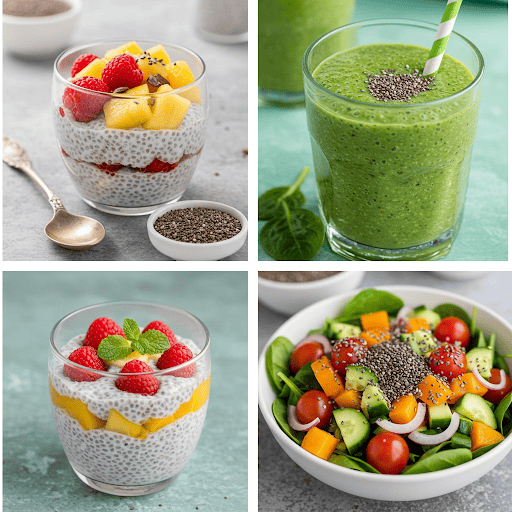
6. Do I Need to Soak Chia Seeds Before Eating Them?
This is a very common question in the search for chia seeds benefits. Technically, no — you can eat them raw. But soaking them helps unlock their full potential.
When soaked, chia seeds absorb up to 12x their weight in water, becoming easier to digest and enhancing their hydrating and appetite-controlling effects. Soaking also reduces the risk of the seeds absorbing water in your esophagus, which could be uncomfortable if eaten dry.
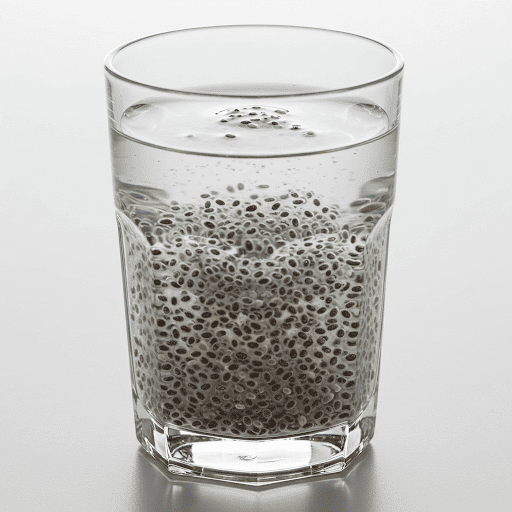
7. Can Chia Seeds Improve Skin Health?
Yes — chia seeds’ omega-3s and antioxidants contribute to glowing, hydrated skin. ALA (a type of omega-3) reduces skin inflammation and dryness, while antioxidants like chlorogenic acid protect skin cells from free radical damage.
A review in the Journal of Clinical Medicine suggests omega-3s may reduce signs of aging and improve elasticity and hydration — making skin feel smoother and look healthier.
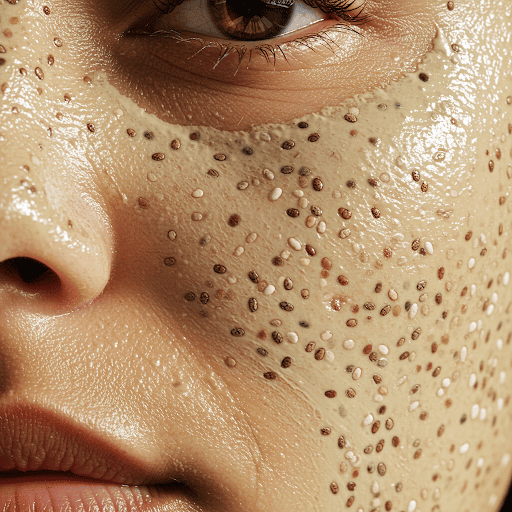
8. Are There Any Side Effects of Consuming Chia Seeds?
Although generally safe, too many chia seeds can lead to issues like bloating or constipation, especially without enough water. In rare cases, allergic reactions may occur.
People on blood thinners or blood pressure medications should also consult their doctor before consuming large quantities due to the natural effects chia seeds have on thinning the blood and lowering pressure.
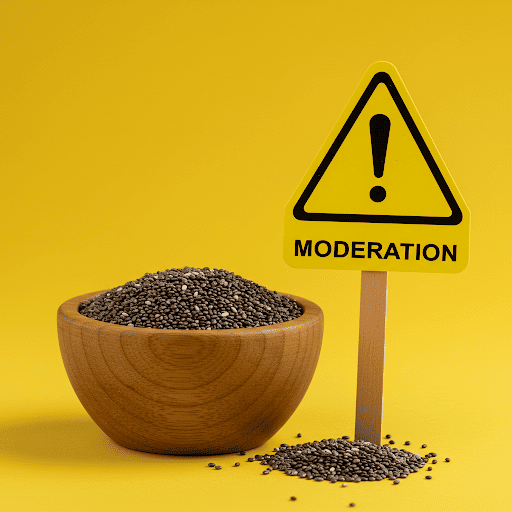
9. How Can I Incorporate Chia Seeds into My Diet?
Chia seeds are incredibly easy to use — sprinkle them on yogurt, add to smoothies, stir into oatmeal, or even mix into baked goods.
Popular options include:
- Chia pudding (soaked in almond milk + sweetener)
- Chia eggs (1 tbsp chia + 2.5 tbsp water = 1 egg replacement)
- Smoothie thickener or salad topper
10. Do Chia Seeds Interact with Medications?
Yes, particularly with blood thinners, blood pressure medications, or diabetes medications. Because chia seeds benefits include natural blood pressure and sugar-lowering effects, combining them with medication may amplify those results.
Always check with your healthcare provider before introducing chia in large quantities if you’re taking such medications.
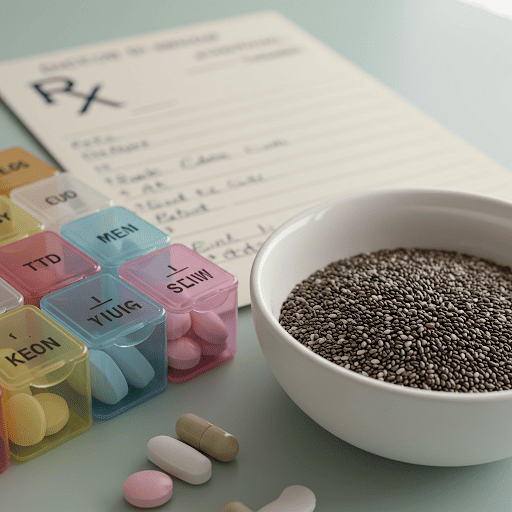
Wanna make you skin glowing read this Best Fruit Juice to Drink for Glowing Skin: Top Picks.

